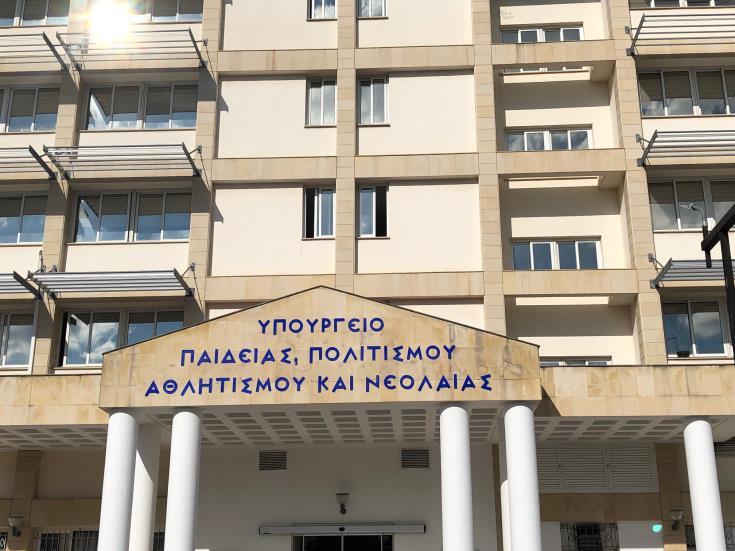All university students in Cyprus will be required to present a SafePass while unvaccinated university students are likely to need a PCR rather than a rapid test, prompting objections from student bodies worried about the huge cost.
Rapid tests run at around €10 and PCR tests at €30-€35 a time. The rapid test is, at the moment, used as a valid means to secure a SafePass for the population at large. The other issue that concerns the students is that while, again in the population at large, people who have recovered from Covid and have a natural immunity are given six months leeway, the government is telling the students their natural immunity from Covid will only last three months.
The entire issue was discussed at an education ministry meeting on Tuesday and is set to go to the council of ministers for a final decision on Monday.
Student organisations reacted quickly to the reports. ‘Students in Action’ (Foitites en drasi) organisation were furious, accusing the student federation, Pofen of deference to the political parties.
Nicholas, student, and spokesman for the organisation, who has not yet received the jab because he is waiting FDA’s final approval – the vaccines are still on emergency use authorisation – told the Cyprus Mail that the ministry’s proposal would not pass easily.
“If the decision on the PCR passes, the cost will be unbearable for students. We do not want the tests price to be reduced, we want them to be free. That is our goal,” he said.
The organisation has 500 members, most of them unvaccinated. “We have already sent letters to ministries and universities. We have not received any answer. On August 29 we will demonstrate on campus and if our demands are not met, we will invite our members to abstain from classes,” he added.
On the other hand, Pofen, the federation of student organisations, said they had expressed concerns to the education ministry. They said they had asked for free rapid tests to be allowed and queried the PCR requirement. Students are also worried that the duration of the certificate of recovery from coronavirus is reduced to three months in their case, while for everyone else it is valid for six months.
“We were informed by (health minister) Mr Hadjipantelas that the universities requested the physical presence of students for 80 per cent of the capacity in classrooms. Therefore, we will propose for students and staff to enter the universities either by presenting a vaccination certificate, a negative coronavirus test no older than 72 hours, or proof that they have recovered from the virus in the last three months.
The minister assured us that the procedures for the creation of test points within the universities will proceed at a significantly reduced cost for the students.”
After a teleconference meeting between Education Minister Prodromos Prodromou and scientists from the government’s advisory team, the minister said university students will be required to present a 72-hour PCR test to attend lectures.
The policy differs for universities mainly because some lectures will have many students present, making social distancing much harder. If the epidemiological situation improves, the frequency of the students’ testing might change, Prodromou added.
Another area of disagreement is the percentage of students in the classrooms, which has led to opposing views on PCR.
Cyprus university’s rector Tasos Christofides told CyBC that for the universities to operate with a physical presence, some provisions of the protocols had to be changed.
“The minister of health considered that there should be a tightening to allow more students in the classrooms. The Senate’s proposal was for the students to present a SafePass. PCR test for the students is a proposal of the minister of health,” he noted.
The Rector of the University of Cyprus added that instead of spending money on the tests, students must realise that there is also the option of vaccination which is free. “We have to trust science. I do not understand why we do not trust the experts in Cyprus” he continued.
“It is not a question of freedom violation. I am wondering, how free are people in intensive care units? We have to be reasonable” he said.
Asked whether teachers proceed with vaccinations, Christofides said that almost 90 per cent of administrative and academic staff are already vaccinated.







Click here to change your cookie preferences